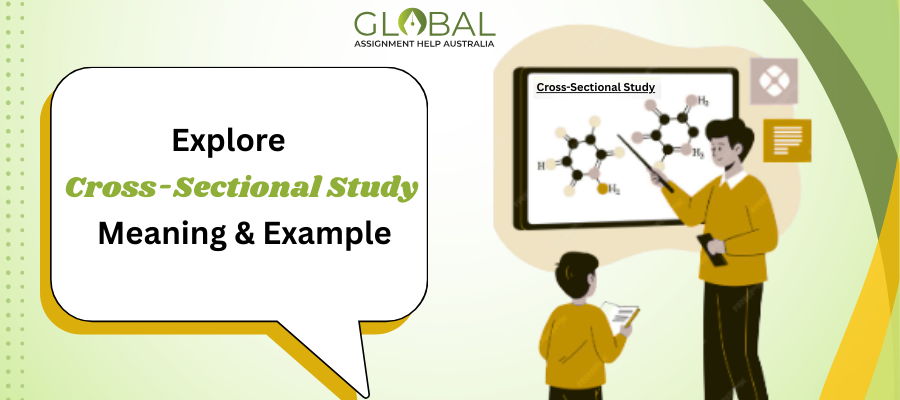 Offers
New
Order Now
Offers
New
Order Now
In nursing, observations play a crucial role in reaching the required conclusion. Rolfe reflective model is a method that help you improve your decisions in critical situation. Gary Rolfe, Melanie Jasper and Dawn Freshwater are the ones who first introduced the idea to everyone. The practitioners should know where they did wrong so they don't repeat that mistake the next time. Rolfe reflective model helps you in understanding the situation better so your patient recover from the tragedy. It sometimes happen with nursing practitioners that while they rush, they make wrong decisions. It affects their health status so you must know this method accurately.
That is why this blog covers its stages, and for better understanding, it discusses an overall case assessment. That allow you to learn how to reflect upon a specific incident. So, the following section gives insights into its cycles that help you inspect.
Self-reflection is a beneficial habit for each student. Though, Rolfe reflective model is specifically for nursing but if you adopt to this habit, you can improve yourself. However, this outcome only arrives when you completely know the method. It is an aspect that most of you do not possess, so experts advise you first to collect and then reflect.
The Rolfe reflective model contains three stages which are simple to understand:
These three stages allow you to inspect the entire situation properly, but the ways to initiate them differ. Since most of you do not have any clue, you process it all wrong. That is why it is important that you understand what each of these stages contains so you do not take any wrong steps. The following sub-heads deliver you accurate information:
Being the first stage, it is responsible with establishing proper knowledge of the incident. Reflection needs understanding, and if you cannot join all the points, you may miss something important. That is why it is essential that your first stage should be right at every step. The further cycles depend on the same and you do that by answering the following questions:
These questions in Rolfe reflective model allow you to present an overall description of what happened. This information is vital in framing the further cycles as that helps you edge closer to an accurate conclusion. Now, let us see what other stages cover so you know what to apply.
The first stage helps you collect the details of how everything occurred. However, this stage helps you develop an awareness of what went wrong and what you could have done to keep the event on track. The following questions helps you perform this examination:
The questions in this stage help you conduct a thorough inspection, so you grasp the point where everything went wrong. It allows you to acquire learning of what you could do in this situation instead. It is the purpose of Rolfe reflective model, which makes it an important cycle to focus on.
Though it is the last stage, it is important to establish a better understanding. How? With the help of previous stages, you learn the situation and find the step that escalated the whole event. Here, you learn and frame an outline over the course of action for a similar case in the future. You must answer the questions listed below for that:
These are the questions you ask in Rolfe reflective model stages. Through them, you develop an overall understanding of what happened and gain one more ability in the process. You prepare yourself with better steps and precautions if such an incident occurs again. However, most of you cannot understand just by reading the questions. Hence, the following section discusses the reference case assessment for you to observe.
Theoretical information is essential but cannot replace the need for an example. Reading the theories can sometimes be tough and not understandable, but an example can remove this confusion. That is what it does in learning the Rolfe reflective model, and to help you understand it well, the following provides examples related to each stage:
|
In the year 2023, I was placed in the rescue shelter facility near the Israel-Gaza strip border. My team's and my duty is to attend to the patients, mostly common citizens who are traumatised by the incident. Seeing their condition, we decided not to wait any longer and start with the medications. Since their health conditions were declining rapidly, I gave them Sertraline and Paroxetine. However, I increased the dose percentage to a minimum to ensure the patients could find relaxation quickly. When my supervisors came to seek a report on the medical conditions, they asked me about the medicinal procedure. I informed them the same, and they told me that increasing the dose count would only lead to some serious after-effects. I expected to see them find comfort and relief from the issue after the medications. Once I learned that, we filled out an incident report, but after examining the patient, we realised he did not suffer any side effects. I was frightened to hear about the harmful effects of the medicines, and while we filled out the form, we informed other patients as well. This step escalated the situation even more. However, my supervisor took control of the overall situation and prevented it from getting out of hand. He exerted some actions that removed some complications. I was relieved because of how he handled the case. |
|
When I look back at the incident, I realise and learn the importance of maintaining the quantity of medicines. I also grasped that each patient needs its distinct medicinal procedure, and I should take care of that. It is important that I should know the significance of drugs and their consumption. Also, it is essential to make a prior connection with the supervisors to ensure the case does not escalate to a higher level. Further, I went through the essential legislation to understand why it is important to know the patient's safety and prevent errors in medicating patients. I believe the appropriate step in this situation is to ask my supervisor for help and seek advice on what to do. It was his skills and ability to monitor and figure out the best way possible to save the day. After examining the whole situation, I gained knowledge of the effects of overdosing on a patient and why it should not be practised. |
|
After getting involved in the medicinal mistake, I will remain extra cautious in prescribing the dosage of various medicines. Also, I realised that I did not review the reference material while deciding the quantity. Moreover, I will ensure that I first consult my senior staff members and ask for their response to my decision. Through this, I want to ensure I can provide the best medical care throughout my career. |
That is a reference to how each stage helps you reflect on the situation. Since you should learn from what happened, the Rolfe reflective model helps to facilitate this feedback. However, you may still face some issues, and for that, you need help. The below section gives you a heads-up on that.
Don't Miss Out - Order Now!Problems occur when you apply a method for the first time. Instead of stopping there, you should look for ways to seek help. However, you are unaware of where to look for it, so the best place to ask for guidance is our platform, Global Assignment Help Australia. We have the best experts in every field who can provide you with the quality homework help that you expect. So, come to us and remove your issues.
You may also like to read:-
Learn the Important Research Skills to Collect Insightful Information
Gibbs' Reflective Cycle - 6 Stages, Merits and Demerits

Grab this exclusive offer and start your journey to savings today! Act quickly, as this special offer won't be around for long!

This blog explains what is a hyperbole, provides engaging examples, & explores how to use hyperbole.

Explore 150+ funny debate topics to spark laughter, creativity, and lively discussions in 2025

Cross-Sectional Study basics explained with steps, examples, and comparisons.
Limited Time Offer
Exclusive Library Membership + FREE Wallet Balance
1 Month Access !
5000 Student Samples
+10,000 Answers by Experts
Get $300 Now
Update your Number


